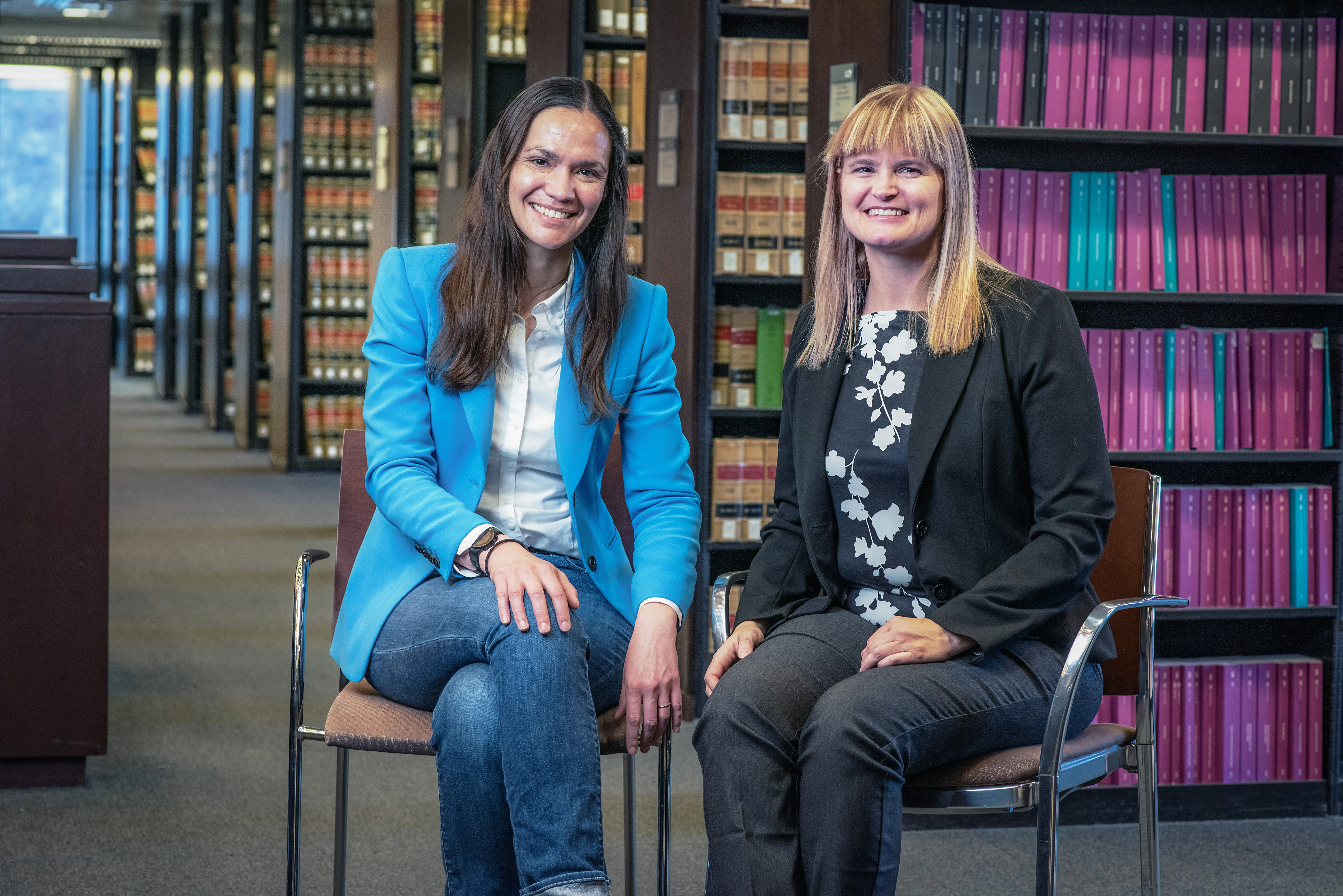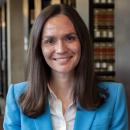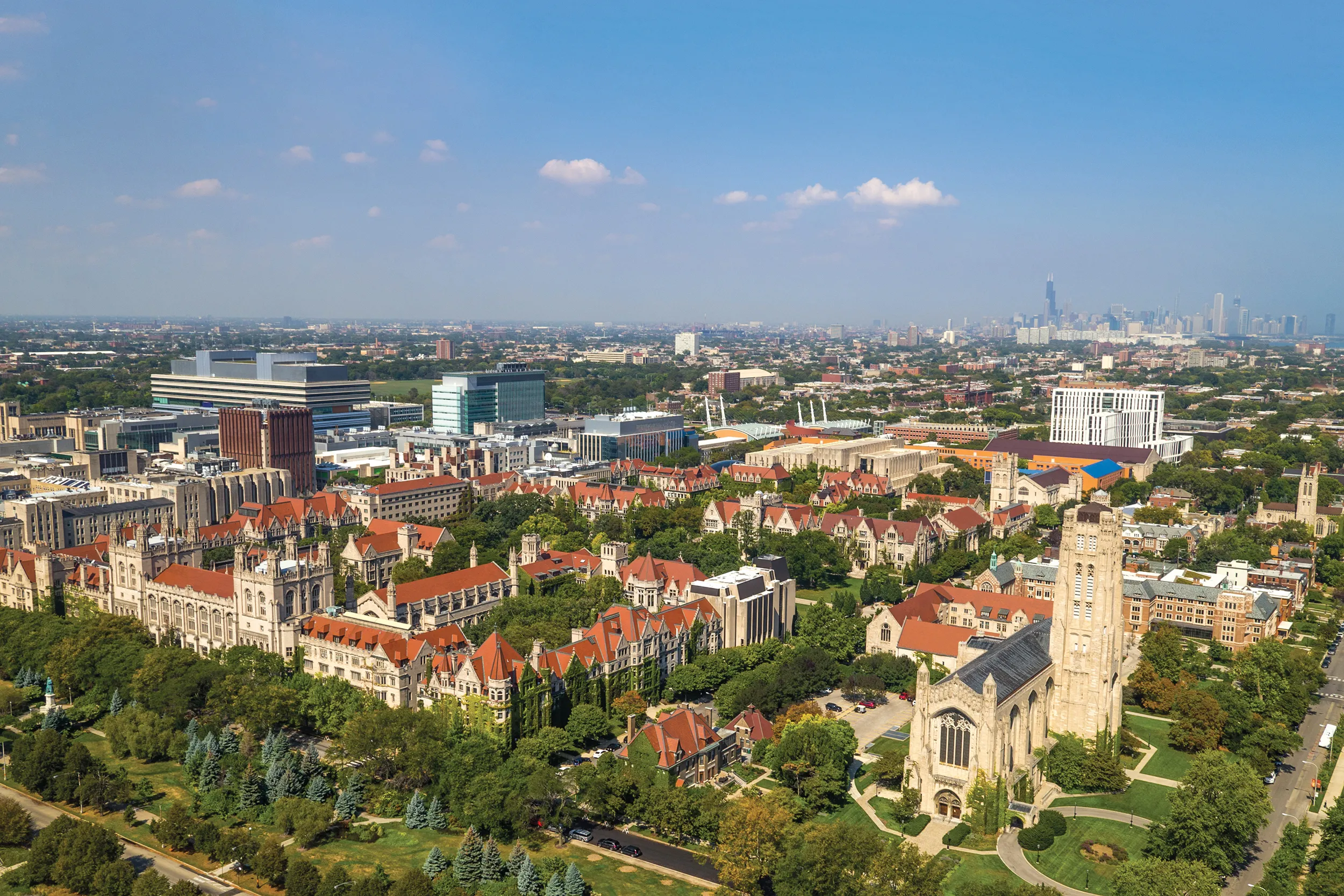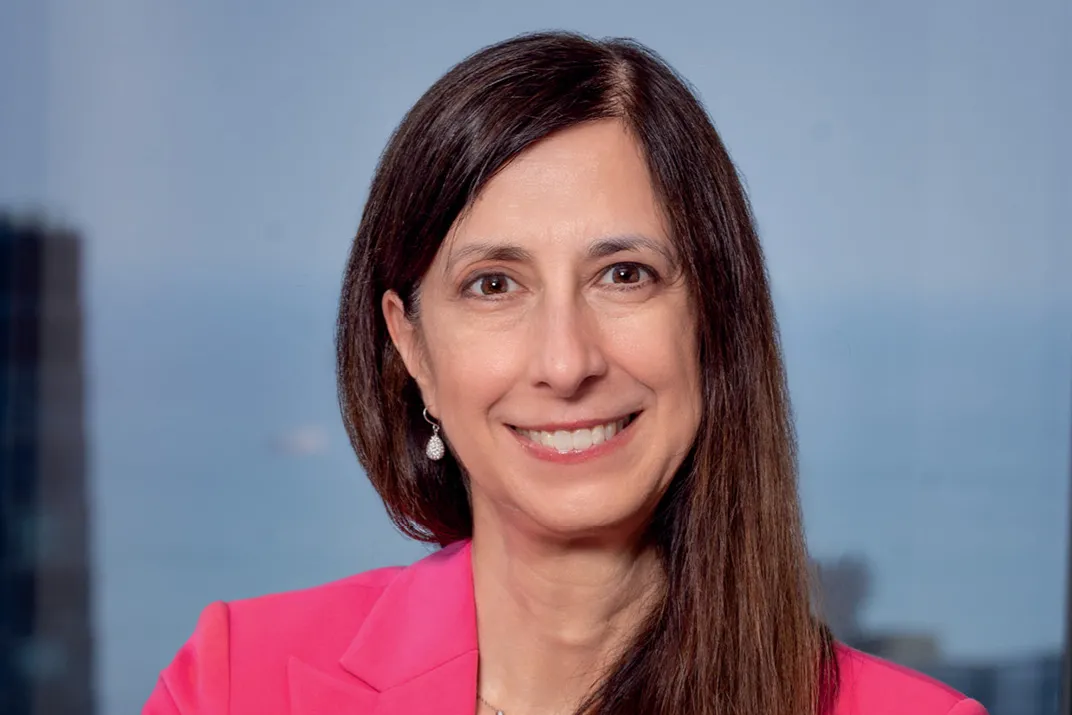Meet the New Editors of the Law School’s Journal of Legal Studies

Professors Sonja Starr and Adriana Robertson were recently named the new editors of the Journal of Legal Studies (JLS) at the University of Chicago Law School. One of the top peer-reviewed journals in the country, the JLS publishes interdisciplinary research in law and economics as well as law and social science more broadly.
Both Starr and Robertson are relatively new on the Law School faculty, but they arrived as highly impactful scholars in their fields.
Starr is the Julius Kreeger Professor of Law and Criminology; she joined the faculty three years ago after spending eleven years teaching at the University of Michigan. Her research focuses on the criminal justice system and inequality, especially racial inequality. She is particularly interested in how disparity issues present in a variety of contexts, such as education, healthcare, and employment. She has a piece forthcoming in the JLS about employment discrimination.
“I’m fairly broad in my interests,” she said. “And I see that as something that Chicago’s culture often encourages, being able to engage with work in lots of different areas and to be able to take a common set of methodological tools and apply them to different problems. Working with the JLS is certainly in that spirit.”
Starr’s research blends quantitative empirical work with more traditional legal scholarship. She says she’s influenced by economists in her scholarly approach—she uses econometric tools, which are statistical methods largely developed by economists to assess causal questions—but she makes no claim to being an economist. She views the journal in a similar light.
“I think there is substantial law and economics influence in the journal, certainly, but I want to make it clear that we’re very open to work that incorporates a range of interdisciplinary perspectives,” she said. “From psychologists, sociologists, data scientists, political scientists—people who can bring a range of different techniques, as long as those techniques help to shed light on the law and legal institutions.”
Robertson, who is the Donald N. Pritzker Professor of Business Law, has a different and complementary set of interests: She focuses on the intersection of law and finance in her research and teaching, including securities law, mutual funds, corporate finance, and capital markets regulation. She first joined the Law School in 2019 as the Daniel R. Fischel and Sylvia M. Neil Distinguished Visiting Assistant Professor of Law before joining full-time in 2022. Prior to that she was a professor at the University of Toronto Faculty of Law.
“A lot of my work focuses on thorny empirical questions where people have very strong views. I’m much more interested in research that helps us to understand the world than I am in papers that support or attack some ideological position,” she said. “Like any academic field, law and finance can end up being a bit narrow. I’m excited to spend more time engaging with a broader body of scholarship through my work on the JLS. One of the things I really enjoy is giving feedback and helping authors make their papers better. The idea that I can help other scholars as an editor now really appeals to me.”
The Journal of Legal Studies was established in 1972 by the legendary scholar Richard A. Posner, a founding figure of law and economics. He was a senior lecturer at the Law School before being appointed as a judge of the US Court of Appeals for the Seventh Circuit (and later as chief judge).
The journal has since had eleven editors. This includes Law School Dean Thomas Miles, who was an editor from 2005 to 2013, and the two editors Starr and Robertson are succeeding: William J. Hubbard, Harry N. Wyatt Professor of Law and Deputy Dean, and Columbia Law School Professor Ed Morrison. This latest transition of editorship makes the Journal of Legal Studies the first major law and economics or law and social science journal to be entirely women-led.
“I’ve gotten to know Sonja and Adri over the last several years and they’re both brilliant,” said Hubbard. “Adri is a star in corporate law. She brings insightful and rigorous critique of scholarship, which will only help to elevate what the JLS publishes. Sonja has a distinctive expertise in studying the law from a social science perspective: she understands economics better than a lot of economists, though she isn’t an economist herself. I think this makes her very well suited for the journal. In a way, this brings JLS back to its root. Richard Posner had an awe-inspiring grasp of law and economics, though he too wasn’t an economist.”
Dean Thomas Miles, who is also the Clifton R. Musser Professor of Law and Economics, agrees. “The JLS is a premier faculty-edited journal, and it has published some of the canonical contributions in law and economics,” he said. “I commend William and Ed on their splendid editorships. I look forward, under Adri and Sonja’s leadership, to the JLS’s continued excellence and to the path-breaking ideas its readers will enjoy.”
Starr and Robertson are pondering what’s next with the journal, and both look forward to figuring out some new ideas to put their own stamp on it.
“It’s too soon to say what things we may want to do differently,” said Starr. “William and Ed have done a great job and we’re going to continue in their great tradition, but we’re keeping our eye out on the possibilities. Right now, I’m just excited to dive into the new scholarship coming our way and helping to bring it out into the world.”
Robertson echoes this sentiment, adding: “I think we’re at a point where many are rethinking what the next phase of social science research should be, and as a result, what law and social science should look like. I’m really excited to participate in the project of advancing the field and figuring out where we go from here.”




